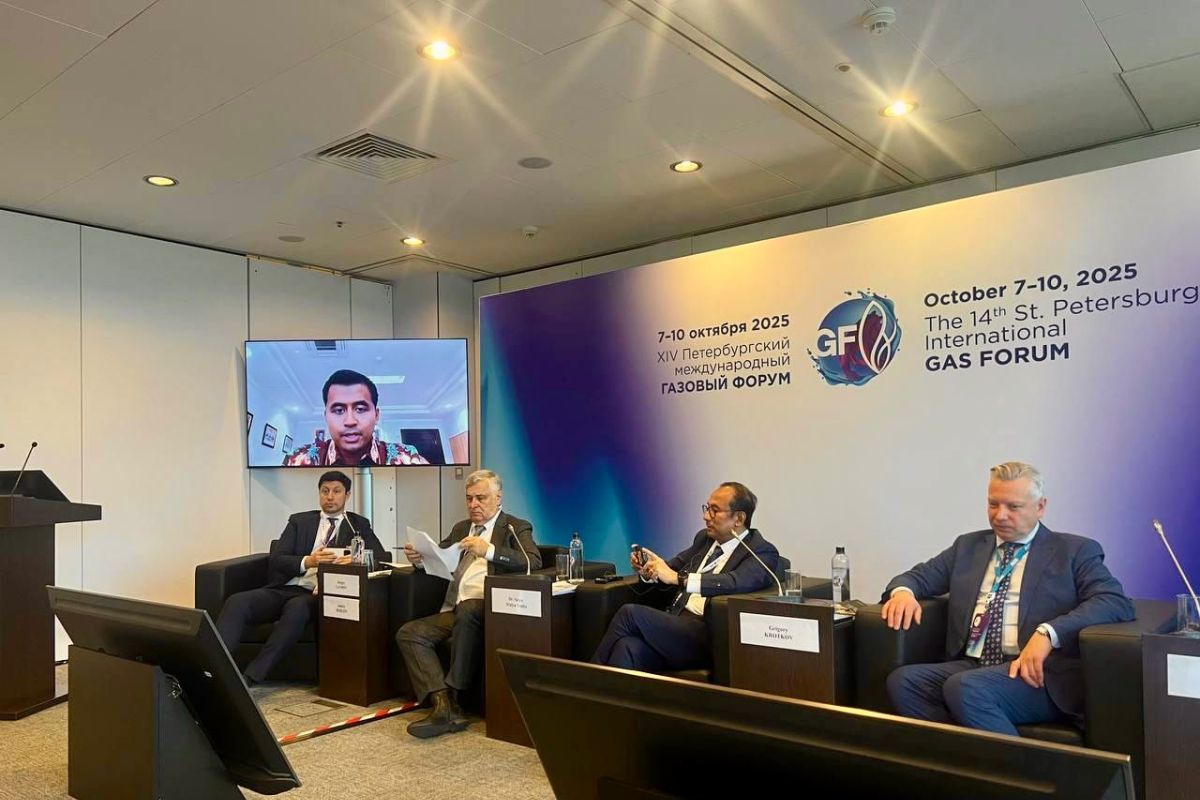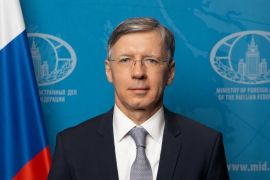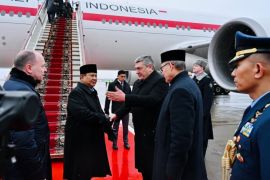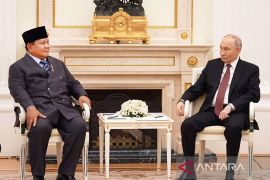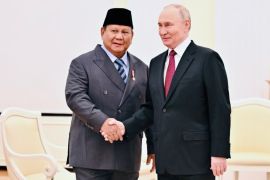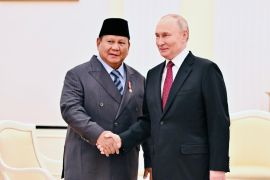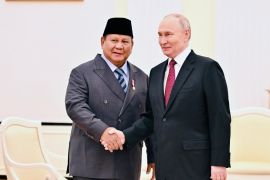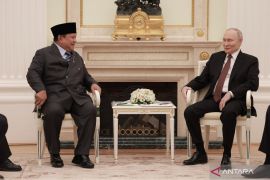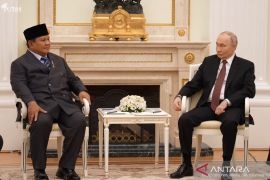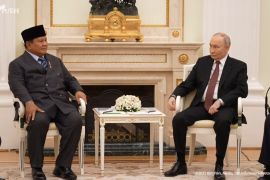Satya Hangga Yudha Widya Putra, an expert staff member to the ESDM minister, said Indonesia was pursuing the collaboration as the world’s fourth most populous country and a new BRICS member.
Speaking at an international forum in St. Petersburg on Friday, Putra said Indonesia was open to working with Russia across key energy sectors — from technology for major gas discoveries to nuclear power and carbon capture projects.
“Indonesia is focused on a strategic energy transformation toward net-zero emissions (NZE) by 2060 and an ambitious downstreaming program in all natural resource sectors,” he said in Jakarta.
Despite abundant natural resources, Indonesia faces challenges such as falling crude oil output, reliance on imported oil, products and LPG, and limited refinery capacity.
Related news: Indonesia's PLN pushes green supergrid to achieve NZE 2060 goal
“This dependence causes foreign exchange losses of around Rp523 trillion (US$31.5 billion) a year, showing the urgency of downstreaming,” he said.
While Indonesia remains a net gas exporter, the government has set up a Strategic Downstreaming Task Force under Presidential Decree No. 1 of 2025 to reduce import reliance. The task force oversees 26 commodities, including oil, gas, minerals, and new energy, to accelerate project development.
“Energy is a cross-sector issue. Solving it, including encouraging foreign investment such as Rosneft’s potential participation in the Tuban Refinery, requires coordination among 14 ministries,” Putra said.
He stressed that Indonesia’s energy transition must prioritize accessibility, affordability, and environmental sustainability.
Indonesia holds an estimated 3,687 gigawatts of renewable energy potential but has utilized only 0.4 percent. The government plans to launch its B40 biodiesel program in 2025 and B50 in 2026.
Carbon capture and storage (CCS/CCUS) is seen as a key decarbonization path, with 15 projects targeted by 2030 and storage potential estimated at up to 68 billion tons of CO₂.
Putra added that nuclear power using small modular reactors (SMRs) is under review in Kalimantan and Sumatra, with possible cooperation from Russia’s Rosatom.
Related news: Balancing economic advancement with energy transition
Translator: Arie Novarina
Editor: Rahmad Nasution
Copyright © ANTARA 2025
